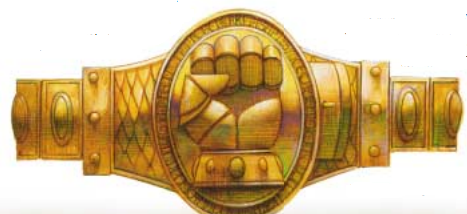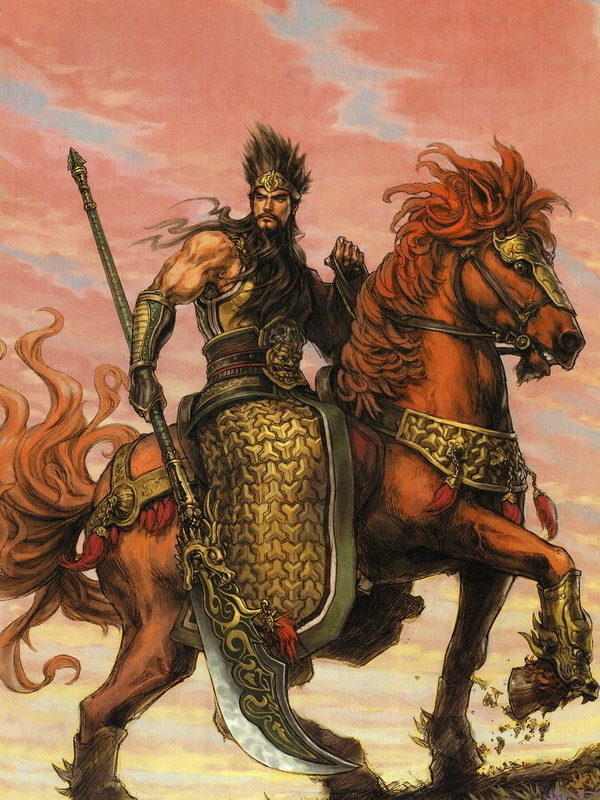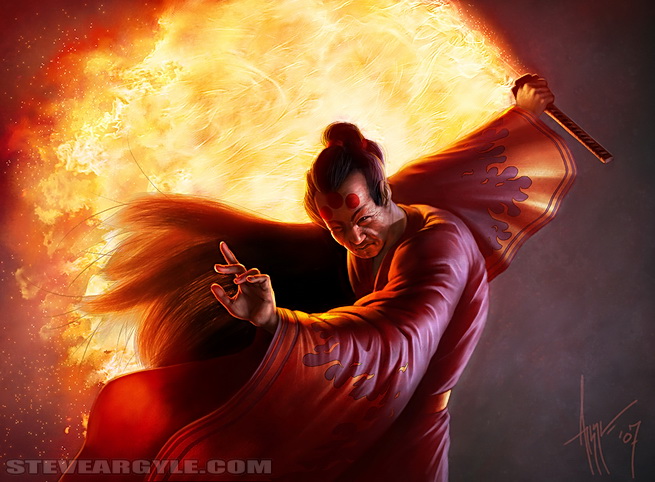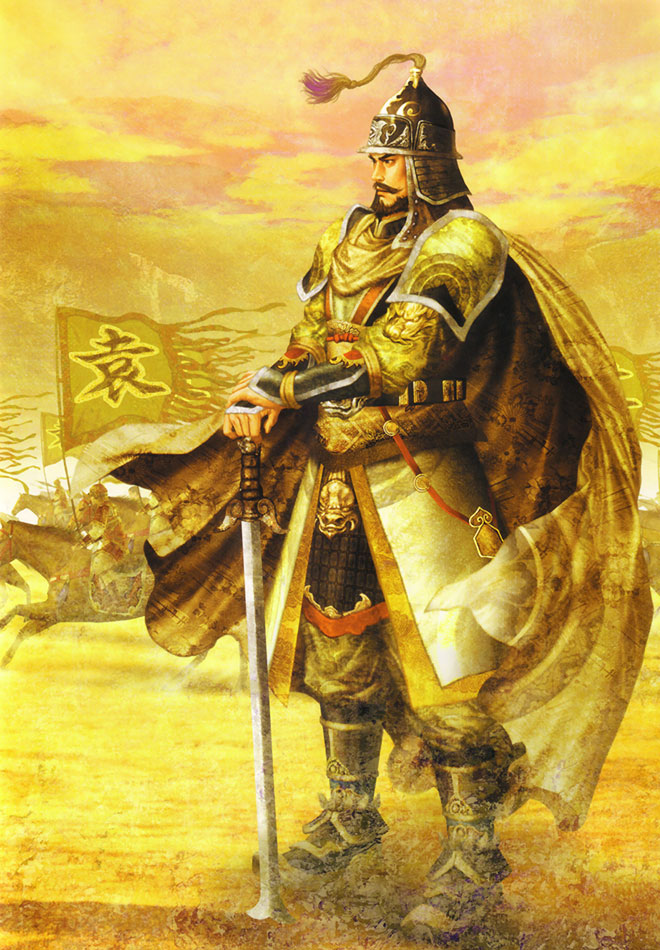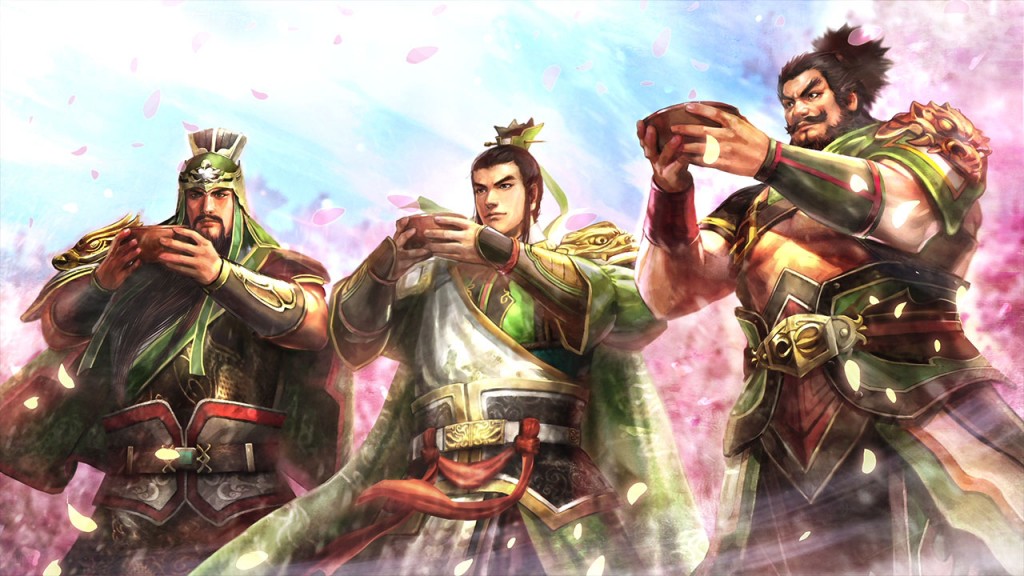 In most parts of the world, merchants hold a loftier place in society than common folk. Their wealth buys them influence and prestige, and the most successful merchants are often able to buy their way to nobility and titles. Tradition in Yunshan has been very different. Here, merchants have always been looked upon as a lowly cast, lower than common farmers and craftsman!
In most parts of the world, merchants hold a loftier place in society than common folk. Their wealth buys them influence and prestige, and the most successful merchants are often able to buy their way to nobility and titles. Tradition in Yunshan has been very different. Here, merchants have always been looked upon as a lowly cast, lower than common farmers and craftsman!
“A farmer brings life from the soil and keeps his people fed, how could the world live without farmers!?… and craftsmen, why they make things of beauty, take the raw components of nature’s bounty and multiply their value and use 100 times over, in turn bringing prosperity wherever they work! But merchants…these are men who don’t know how to make anything! They must take something someone else has made, and sell it for a profit to make their living. They live like parasites off the honest toil of others! They are a necessary evil, these parasites, for they bring goods from far off places we would all take part in. Who would want to travel for days just to have a thing from another town? Surely no one in their right mind. Let these wrong minded, low born wealth chasers do the work for us! Who would want to send out his brother, or his children…upon the dangerous roads merely to have some material thing? Who would risk the bandits, or the angry spirits a traveler might awaken!? I say let the outcasts of our great society take these foolish risks. They will make some meager living from it, so they will not starve, and we will reap the benefit, with markets full of all the things Yunshan has to offer.”
This sentiment came to be in Yunshan for three reasons. First, most civilized people of Yunshan have a superstitious aversion to spending a night in the wilderness, and actually traveling at night is almost unheard of. In a land that is alive with spirits, people have a deep respect for the night. That respect, and the fear of dark evil beings that roam the wilderness at night, makes overland travel difficult.
Second, like many things in Yunshan culture, travel demands that customs and traditions be observed. Any trip which will last more than a day without reaching the next settlement, is considered a bold and sacred act. To travel the sacred roads…to leave one’s home and not return to it by sunset, these are powerful acts, filled with spiritual meaning and potential danger. To engage in such travel properly one needs to make costly offerings to the gods, and a priest to conduct a ceremony to see the trip is properly blessed. Few can afford this expense on a regular basis. The common folk spend most of their lives near the settlement they were born in, and they do not lament this. Travel is dangerous and for lowly merchants who have to do it to make a living. Travel is for cowardly bandits who have no home, and must spend their lives on the run! Travel is for crazy people who have no sense! Religious pilgrimages are an exception, and Yunshanites make several in their lives. Lords, diplomats, patrols of warrior monks or kensai, and priests of course travel a great deal more than common folk, but this is expected of individuals who hold a higher calling. So long as they observe the traditions and make the proper sacrifices, it’s ok.
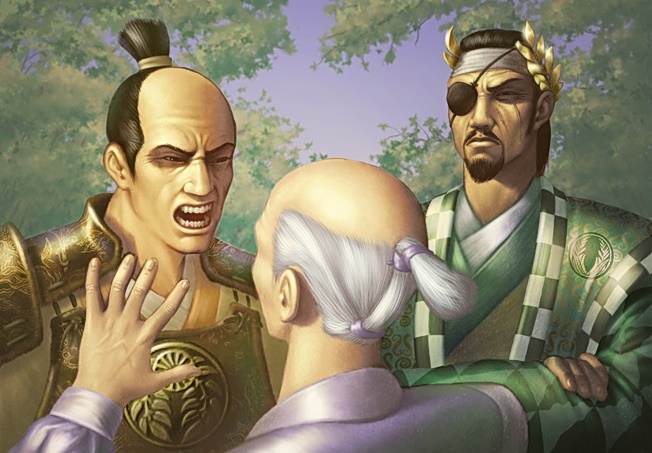 Before these two reasons really took hold in Yunshan culture, there was another that made the merchants craft the craft of outcasts. Centuries ago, in the aftermath of the rebellion which saw Empress Leoki knocked off her thrown, there was a lot of civil unrest. Even though Leoki was gone, those who had rebelled against her were still very angry with those who had remained loyal to her up to the end. The hatred went both ways. When the Shinto Dynasty took control of Yunshan they brought order to the cities and towns. Those who were known to have fought against the rebellion were rounded up and branded as lesser people. They were not allowed to live in any official town or city. It was considered bad luck to allow one to stay anywhere for more than one night. They were taunte
Before these two reasons really took hold in Yunshan culture, there was another that made the merchants craft the craft of outcasts. Centuries ago, in the aftermath of the rebellion which saw Empress Leoki knocked off her thrown, there was a lot of civil unrest. Even though Leoki was gone, those who had rebelled against her were still very angry with those who had remained loyal to her up to the end. The hatred went both ways. When the Shinto Dynasty took control of Yunshan they brought order to the cities and towns. Those who were known to have fought against the rebellion were rounded up and branded as lesser people. They were not allowed to live in any official town or city. It was considered bad luck to allow one to stay anywhere for more than one night. They were taunte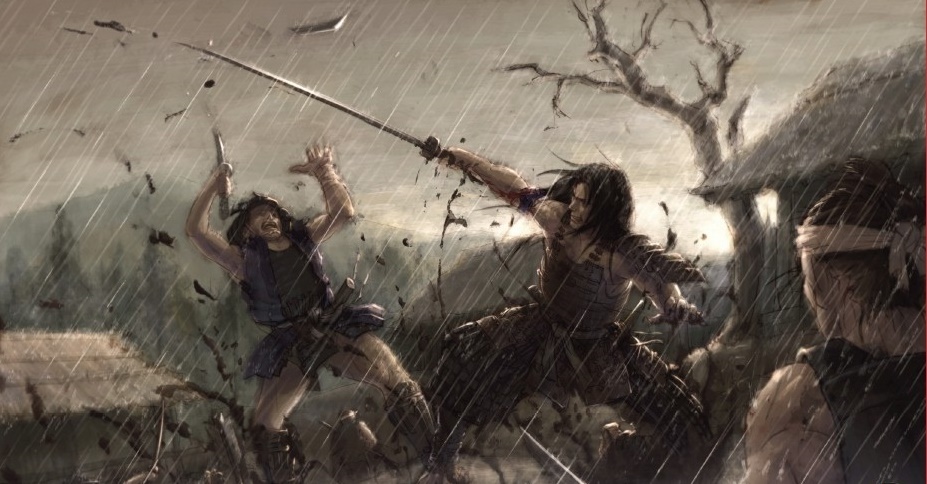 d, abused, blamed for anything that went wrong, and sometimes even hunted. They were given the name Nozoofu. These poor souls, in the thousands, were forced out of common Yunshan society to live lives on the road and in the wilderness, much like gypsies. Some banded together and built villages in remote places like The Vine Tower Hills. Some made camps in the high mountains and turned to lives of banditry. Some left Yunshan all together, taking their chances in the Barbarian west. Many died of starvation, or met terrible fates of various kinds. There were those who saw the way of the merchant as their only chance to make a living. They were not allowed to live in the cities anyways…their life was already doomed to be one of wandering, why not make a business out of wandering? The Far flung cities of Yunshan needed merchants and messengers. No one wanted to fill these dangerous and lowly roles, so the Nozoofu naturally took to them. Like merchant-gypsies, the outcasts of Yunshan formed their own clans and became the traders of the land.
d, abused, blamed for anything that went wrong, and sometimes even hunted. They were given the name Nozoofu. These poor souls, in the thousands, were forced out of common Yunshan society to live lives on the road and in the wilderness, much like gypsies. Some banded together and built villages in remote places like The Vine Tower Hills. Some made camps in the high mountains and turned to lives of banditry. Some left Yunshan all together, taking their chances in the Barbarian west. Many died of starvation, or met terrible fates of various kinds. There were those who saw the way of the merchant as their only chance to make a living. They were not allowed to live in the cities anyways…their life was already doomed to be one of wandering, why not make a business out of wandering? The Far flung cities of Yunshan needed merchants and messengers. No one wanted to fill these dangerous and lowly roles, so the Nozoofu naturally took to them. Like merchant-gypsies, the outcasts of Yunshan formed their own clans and became the traders of the land.
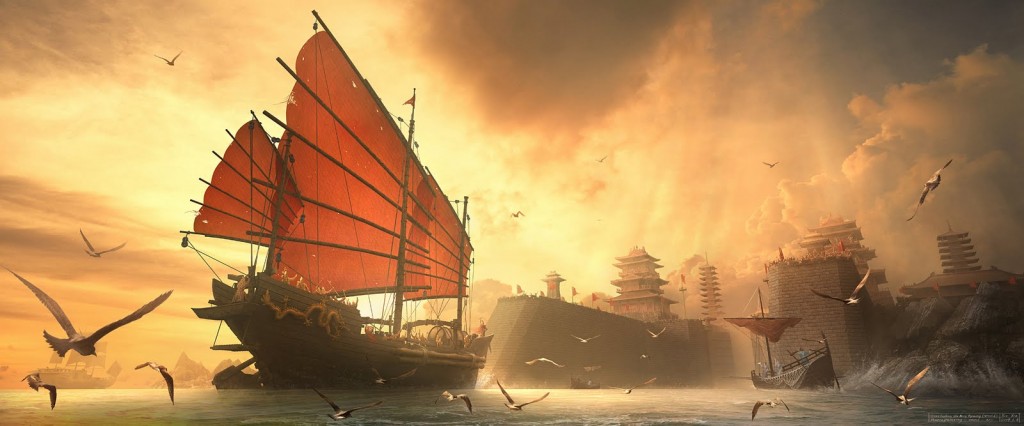 The Merchants in the North were able to use the many waterways, and the great central lake to ply their trade. Travel by boat was faster, more efficient, and safer. Once they perfected their craft, these merchants began to grow wealthy. They gained so much Influence on the great lake that they built small Nozoofoo only settlements, places where they were allowed to settle permanently and own land. Eventually Bartertown became such a place, and the northern merchant clans became its masters. In two generations Bartertown, a Nozoofu settlement, became the largest, and richest city in Yunshan. The northern merchants bowed low before those of noble birth, spoke softly and humbly before their betters, endured insults and mischief when in Clan lands…but they smiled to themselves…Before the mighty temples, and the lords of the 6 clans, they were lowly merchants, but in Bartertown they were rich and lived like nobles!
The Merchants in the North were able to use the many waterways, and the great central lake to ply their trade. Travel by boat was faster, more efficient, and safer. Once they perfected their craft, these merchants began to grow wealthy. They gained so much Influence on the great lake that they built small Nozoofoo only settlements, places where they were allowed to settle permanently and own land. Eventually Bartertown became such a place, and the northern merchant clans became its masters. In two generations Bartertown, a Nozoofu settlement, became the largest, and richest city in Yunshan. The northern merchants bowed low before those of noble birth, spoke softly and humbly before their betters, endured insults and mischief when in Clan lands…but they smiled to themselves…Before the mighty temples, and the lords of the 6 clans, they were lowly merchants, but in Bartertown they were rich and lived like nobles!
The merchants in the south did not fare so well. The northern merchants did not want competition, and quickly banded together to make sure others could not make use of the waterways. A treacherous road, haunted by restless spirits, plagued by bandits and monsters, connected the Southern Clan lands of Qui Yue (key-you) in the east, and Jiang Li (Jee-ang-lee) in the west. If the Nozoofu of the south were to become merchants, this would be their route, and it was named the Southern Route.
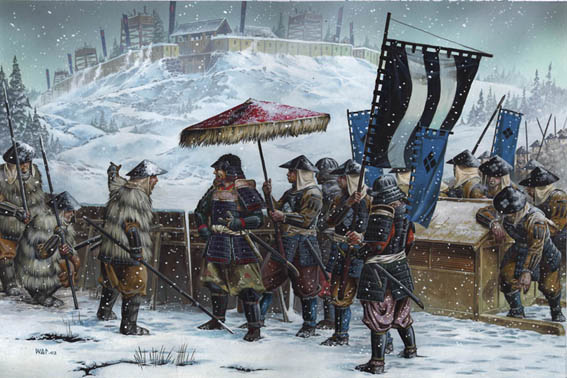 Most of the Southern Nozufoo had been soldiers who fought in regiments loyal to Leoki. Because they had remained loyal to the evil empress, they were thought to be immoral. Because they survived the rebellion and the chaos that followed, they were thought to be cowards. Life was not going to be good for them. The Southern Route was not an easy one. They would need all their warriors’ skills to conquer it. While the northern merchants prospered, the southern merchants struggled and died. Attacked along the Southern Route, belittled and taunted by those who lived at either end of it, their lives where dirty, thankless and tough, but they stuck with it.
Most of the Southern Nozufoo had been soldiers who fought in regiments loyal to Leoki. Because they had remained loyal to the evil empress, they were thought to be immoral. Because they survived the rebellion and the chaos that followed, they were thought to be cowards. Life was not going to be good for them. The Southern Route was not an easy one. They would need all their warriors’ skills to conquer it. While the northern merchants prospered, the southern merchants struggled and died. Attacked along the Southern Route, belittled and taunted by those who lived at either end of it, their lives where dirty, thankless and tough, but they stuck with it.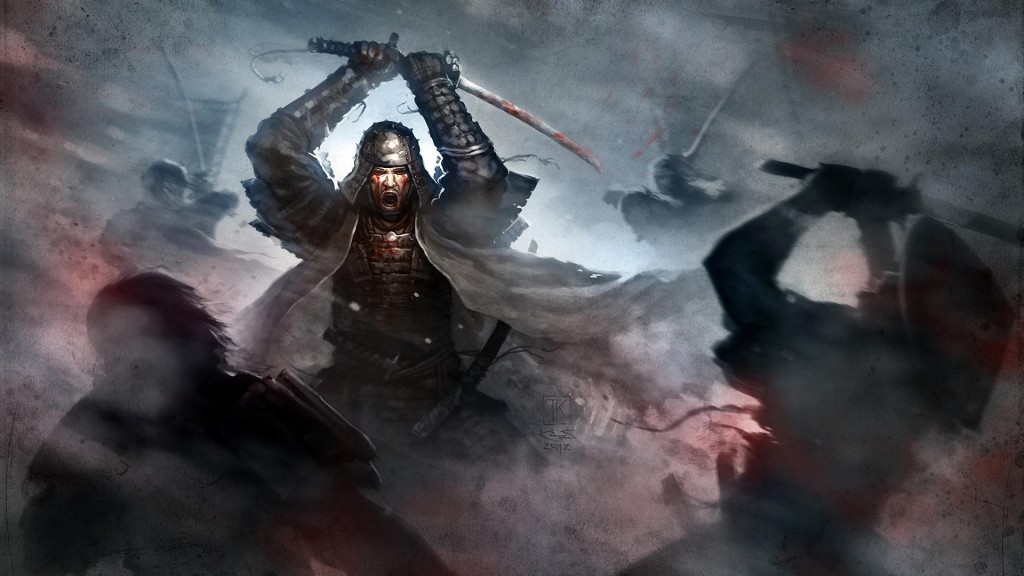
As the years went by, as these southern warrior-merchants married into to each other’s families, they forged alliances with each other. They brought up sons and daughters to carry on the family trade/burden. Year after year they conquered the Southern Route, learned its secrets, made pacts with its spirits, defeated its bandits, or turned them into allies. Gradually the high clans in the lands of Jiang Li and Qui Yue began to look at these merchants less as a novelty, and more as a necessity. These warrior-merchants had not exactly won the respect of their betters, but they had carved out a need for their services and gained power in the south as a result.
At last, seeking to make their lot better, the southern merchants banded together under the lose rule of a hero-merchant named Gijo Roadborn. They named themselves The Brotherhood of the Southern Route. Gijo had the idea that all the merchants of the South could pull their wealth together and do something to solidify their hold over the Southern route. He wanted to build small fortified roadhouses along the entire length of the route. Each one would be a day apart, so that caravans would no longer have to spend dangerous nights outdoors in the wilds. They would be places where merchants could resupply, water their horses, eat together and share news.

A famous Painting of Gijo Roadborn escaping the wrath of a bandit clan, he was a legendary rider, a skill that saved him many times.
It took a long time, but the task was completed. Legend says Gijo died the morning after the last roadhouse on the Southern Route was completed. To this day it’s common to hear tales of his ghost. Nearly every merchant of the route has a ghost story of their own, a tale of a time they caught a glimpse of good Gijo Roadborn, who took the time out of his afterlife to warn them of trouble on the road ahead or otherwise provide some guidance from beyond the Grave. The merchants of the brotherhood speak of him as if he is a living person, and don’t even bat an eye when a fellow merchant tells a tale of speaking with his ghost.
The Brotherhood of the Southern route seemed a permanent part of Yunshan. True wealth could be had if they could get their goods all the way to Bartertown. From the west end of the Southern Route in Jiang Li, Bartertown was just another 200 miles further on an ancient road that wound down through the Vine Tower Hills. But this was a wild road, an addition to their route that had not been tamed.
The Vine Tower Hills were filled with wild tribes, cannibals and shape shifters…spirit blooded Nozoofu who had gone into the wilds centuries ago. The legends said they had given up their humanity and made dark pacts with darker spirits in order to save themselves. Then there were the Ruins of Kun Lei. The road went right past this place. The rumors said it was terribly haunted, and wujen would go there to meet and unleash evil. For generations the task seemed too great to pull off.
80 years ago, a Wujen named Magori unleashed an army of raiders and evil spirits upon the west of Yunshan. The clan
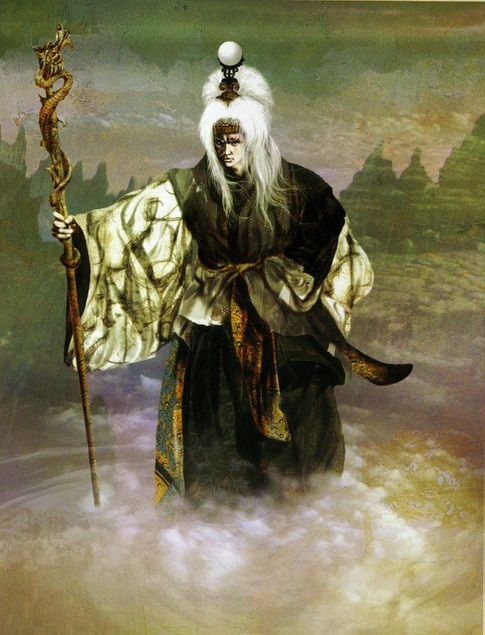
An Artists Rendition of Magori…Painting is a highly evolved art in Yunshan, and portraits of famous individuals both heroic and vile, mortal and supernatural are highly prized. Such art is worth great sums, and both sought after and protected by wealthy orders.
warriors of Jiang Li rode north to face him. A bold warrior merchant of the Southern Route banded together a group of volunteers to fight alongside these noble clan warriors. His name was Yoritomo, and his fellow merchants thought he was a fool. Why risk his neck to fight such a foe? Why ride beside the clan warriors, who would look down upon him even as he helped them. But Yoritomo was clever, and had a more far sighted dream.
If the Kensai of Jiang Li could drive Magori out of Lei Kun, They might also clear out the ruins and drive all bandits and evils out of the area. For at least a time, the road to Bartertown would be opened. Perhaps the clan lords of Jiang Li would reclaim the ruins, build a castle there and let the brotherhood carry their trade route past it. This would be his one ask Yoritomo would make of the Clan Lords of Jiang Li, if he survived to make it.
Yoritomo got 39 others to believe in his dream. If they succeeded, they would open a new leg to the Southern Route, and they would be the ones who controlled it. The force from Jiang Li never quite made it to the Ruins of Lei Kun. They were bogged down in an all-out guerilla war in the Vine Tower Hills for months. The Clan Lord of Jiang Li wondered if he had lead his people on a fruitless cause, but week by week, even if from afar, the clan warriors and their warrior-merchant volunteers were wearing down Magori’s forces. The brotherhood volunteers had experience fighting these kind of foes in the wilds. They proved themselves as able scouts and raiders for the army from Jiang Li, and forever won a level of respect from the proud clan.
While the Clan and the Brotherhood were bogged down in The Vine Towers, Lei Kun and Magori were attacked from the north. A band of powerful adventurers, half of them from foreign lands, infiltrated the ruins. They were the spearhead of a much larger force; young Kito Taishan at the head of 200 warrior monks from the Temple of the Mists. When Yoritomo received news of the attack, he took a great risk. Without the support of the clan warriors, he and his band of brothers’ road north through the enemy lines, through the wicked Vine Tower Hills to join the assault on Magori’s stronghold.
Yoritomo and his small band of warrior merchants joined with the heroes in Lei Kun, and together, they found and slew Magori in an epic battle in the catacombs beneath the ruin. Meanwhile, the Warrior monks and Kito drove Magori’s raiders out of the upper ruins in a battle just as epic.
In the aftermath, Kito and his Monks hurried back northward. Magori had been slain, but there were 20,000 raiders besieging the countryside around Bartertown. They needed to be faced and dealt with. They would have to be inspired to retreat at the news of their master’s defeat, or swept out with battle. Even though Magori was dead, there was no guarantee his followers would leave Yunshan.
The clan warriors who had been battling fiercely in The Vine Tower Hills found their opponents gave up and melted away into the hills after Magori was slain. The Clan Lord, weary at the great loss of life his army had suffered, turned back for home. Yoritomo entreated him to come just a little further north to the ruins, to finish clearing them out so the trade road to Bartertown could be made safe. He begged him, offered him glory and a slice of the future wealth such a route would bring, but the clan lord was tired of losing men, and declined.
At last, Yoritomo turned to his new found friends, the odd group of adventurers he had defeated Magori with.
“Let us finish the job! Clear out the dark heart of these cursed ruins, drive away the evil remnants of Magori’s hosts who still shelter here. You know they wait to boil out and spread evil again should we leave this job undone. Let us clear out the Lei Kun, and let us turn this cursed place into an outpost for mankind…a safe haven for merchants and pilgrims, and anyone who would travel the Southern Route!”
Thus, Yoritomo inspired the small band to clear out the ruins, and eventually they would found Fanlu right there. Yoritomo and this group of Heroes became forever known as The Founders, and their statues still stand in a high pavilion that overlooks Fanlu. They would provide the inspiration, wealth, and protection that brought others to the remote outpost in those early days and helped it to grow into a town.
With Fanlu as an outpost for the Brotherhood of the Southern Route, they were able to slowly and safely build more roadhouses along the road to Bartertown. Yoritomo became the most famous and influential Warrior-merchant since old Gijo Roadborn. The Southern Route now allowed reasonably safe travel all the way from Bartertown to Qui Yue in Yunshan’s far east.
This great achievement did not pay out great rewards at first. The northern merchants had gained the upper hand in Bartertown long before Yoritomo brought the first brotherhood caravan to the trade cities southern gate. He was hopeful to do business, but found the northern merchants ready to block his kind from prosperity. They set upon the southern merchants, bared them from entering the city, set upon their camp with torches. Yoritomo and his caravan of warrior-merchants sat stubbornly outside the gates, enduring every insult, and repelling every attack.
Kito Taishan knew Yoritomo from the battle in Lei Kun. He knew him as a brave and capable man, a hero who deserved honorable treatment, even if he was just a merchant. By Kito’s influence, the warrior monks of the Temple of the Mist interceded and allowed Yoritomo to enter the city under their protection. Furthermore, the Temple of the Mists, which held great influence in Bartertown, declared the cities markets open to all visitors, forcing the cities elders to allow the Brotherhood to trade. There was a lot of secret dealings in those days. The official stance of the northern merchants was to stonewall The Brotherhood of the Southern Route and sabotage them at every opportunity. They were competition, and that was bad for business. Individually however, the northern merchants were greedy, and realized there was great wealth to be made by partnering with the southern merchants and using the new trade route they had opened past Fanlu. Eventually this greed divided the Northern merchants to the point they couldn’t keep the Southern Merchants from making progress in the city. Yoritomo got his way, but the Brotherhood was often mistreated and ripped off in their dealing with Bartertown, and though the southern and northern merchants were now trading together, there was no love between them.
The Oldtrade Road
In those days all trade entering or leaving Yunshan would pass through Bartertown. There were the merchant clans that moved their goods east to west over the great central lake, and there were the merchant clans of the south who moved their cargo over the dangerous and unpredictable roads of the Southern Route. The northern merchants had it easy. They had ships, and could move their wares 4 times faster than the land based merchants in the south. The central lake was relatively safe compared to the roads, so the northern merchants grew wealthy, while those in the south lived a life of danger and poverty.
The southern merchants had done an amazing thing by extending The Southern Route to Bartertown. The Northern merchants were jealous. They still had the most money, and the most sway in Bartertown. They used their influence to see all the goods brought in along the Southern Route were taxed at a higher rate. In truth, they had always wanted to starve out the southern merchants, who they saw as amateurs and vermin.
The Gateway to Yunshan was The Newtrade Road, which led up a long pass through the western mountains, connecting the barbarian west with Bartertown. All trade that went in or out of Yunshan passed through this narrow point. But the Newtrade Road was not the only way to get goods in and out of Yunshan. There was an older route, known coincidentally as the Oldtrade road. It ran right through Fanlu, which the Brotherhood controlled, but it was haunted, and so dangerous, reopening it was considered by most impossible. The Brotherhood knew if they could reopen it, they wouldn’t need Bartertown anymore. They could finally build their empire of trade, no longer under the thumb of the northern merchants. It took nearly 70 years of careful planning to accomplish. Many pieces had to fall in place before it was possible.
During that 70 years, King Ottomi was born, and would build his city of Otto at the far west end of the Oldtrade road. He united the clans of lower and upper Shinto, and the Notari (No Tar-ee) horsemen of the plains further west, bringing a sort of order to those lands. During the same years, The House of Pacified Shadows grew from an obscure shrine to a powerful order that could field hundreds of warrior monks. Ottomi brought some order to the western lands the Oldtrade road passed through, and the warrior monks did the same for the eastern end. It took a complicated set of alliances, treaties, and circumstances, far too complex to describe here, but the Brotherhood of the Southern Route did the unimaginable, they reopened the Oldtade Road, and thus created a 2nd trade route into Yunshan.
This changed everything. The Brotherhood no longer needed to do business with the northern merchants or Bartertown. Their little outpost of Fanlu grew into a boom town, from 200, to 1000, and then rapidly to 7000. The Brotherhood thwarted every effort of the Bartertown merchants to shut them down, and now 9 years after opening the new road, the Southern Route is thriving completely independent of Bartertown.
Fanlu is now the 2nd most powerful outpost of the brotherhood, and probably the most important for their future. It is their stronghold in the west of Yunshan, and they are dumping their profits into it as fast as they can to sure it up. A place like Fanlu, ruled by a Nozufoo clan of merchants, founded in the way that it was, thriving in the way that it is, made up of the outcasts of society, yet prospering faster than anything around it…a place like this has a way of attracting enemies…the Brotherhood intends to be ready for them.

